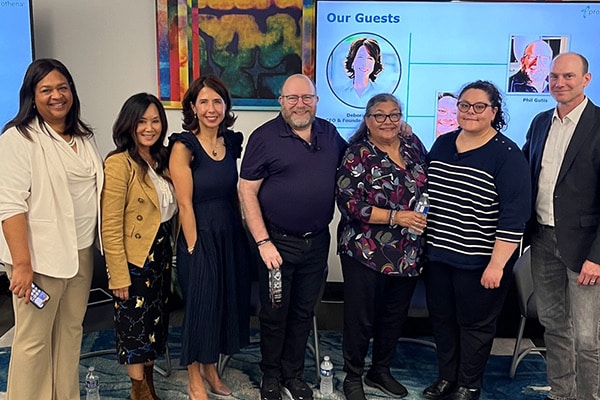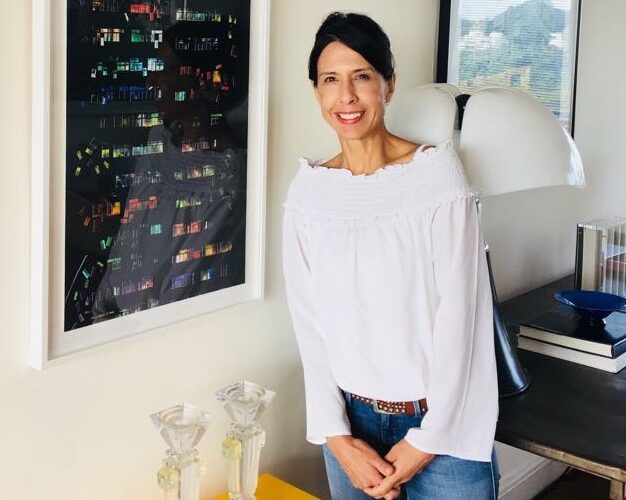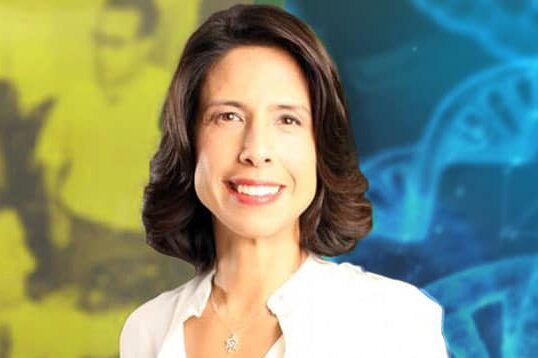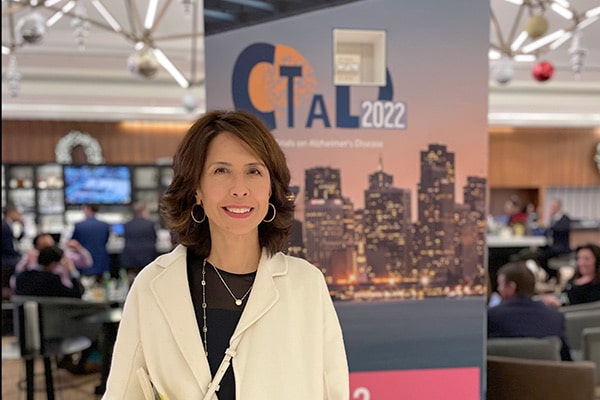Here's why we're taking the opportunity to connect Alzheimer's and dementia scientists, drug developers, trial administrators and business leaders directly with patients and caregivers.
I was recently invited to organize and moderate panels for pharmaceutical and biotech companies Eisai and Prothena. I eagerly accepted these invitations because I’ve found that the opportunity to present our community’s stories about their lived experience, in person, has a profound impact for the people who are working to develop and trial drugs to treat diseases like Alzheimer’s.
The remarkable thing, I’ve found, is that most industry companies have very few opportunities to interact with patients and caregivers professionally, in part because, when they run trials, they cannot legally, directly reach out to prospective participants. Instead, the work with contract research organizations (CROs) or individual trial centers to handle patient recruitment. So, when we share our readers’ stories with the researchers, scientists, and business leaders working to solve Alzheimer’s, it puts a face to the disease. Your stories bring added urgency to industry looking to solve a piece of the puzzle — whether it’s a new drug to slow disease progression or a new treatment to ease symptoms.

The team at Prothena reported back to me that after hearing Phil Gutis and LuPita Guttierez-Parker, and LuPita’s daughter Jessica speak about reframing the conversation around living with Alzheimer’s: These “first-hand accounts shed light on the real-world impact of Alzheimer’s and guide us in refining our approach to research, treatment, and support. We are deeply grateful to those who shared their stories and insights with us.”
“First-hand accounts shed light
on the real-world impact of Alzheimer’s
and guide us in refining our approach to
research, treatment, and support.”
A week earlier, we went to Eisai to tell our stories, as daughters of Alzheimer’s. It’s no secret that women are disproportionately impacted by caregiving. Together we spoke about our own experiences. Among them:
Panelist Katie Brandt changed her life to help families impacted by FTD after her husband was diagnosed with FTD and, soon after that, her father with Alzheimer’s disease. Shon Lowe is helping her mom navigate her medical care after an early onset Alzheimer’s diagnosis and two cancer diagnoses. Lauren Dykovitz was just 25 years old when, and at the same time she got engaged, her life was changed by an Alzheimer’s diagnosis for her mother. She took up the role of caregiver to her mother, and even after her mom’s passing, continues to write about her experience and coach others in dementia caregiving.
I am grateful to all of you sharing your stories, and especially to the women who have become like sisters to me, bonded by a shared experience as daughters, that no one who hasn’t lived through Alzheimer’s will fully comprehend.


